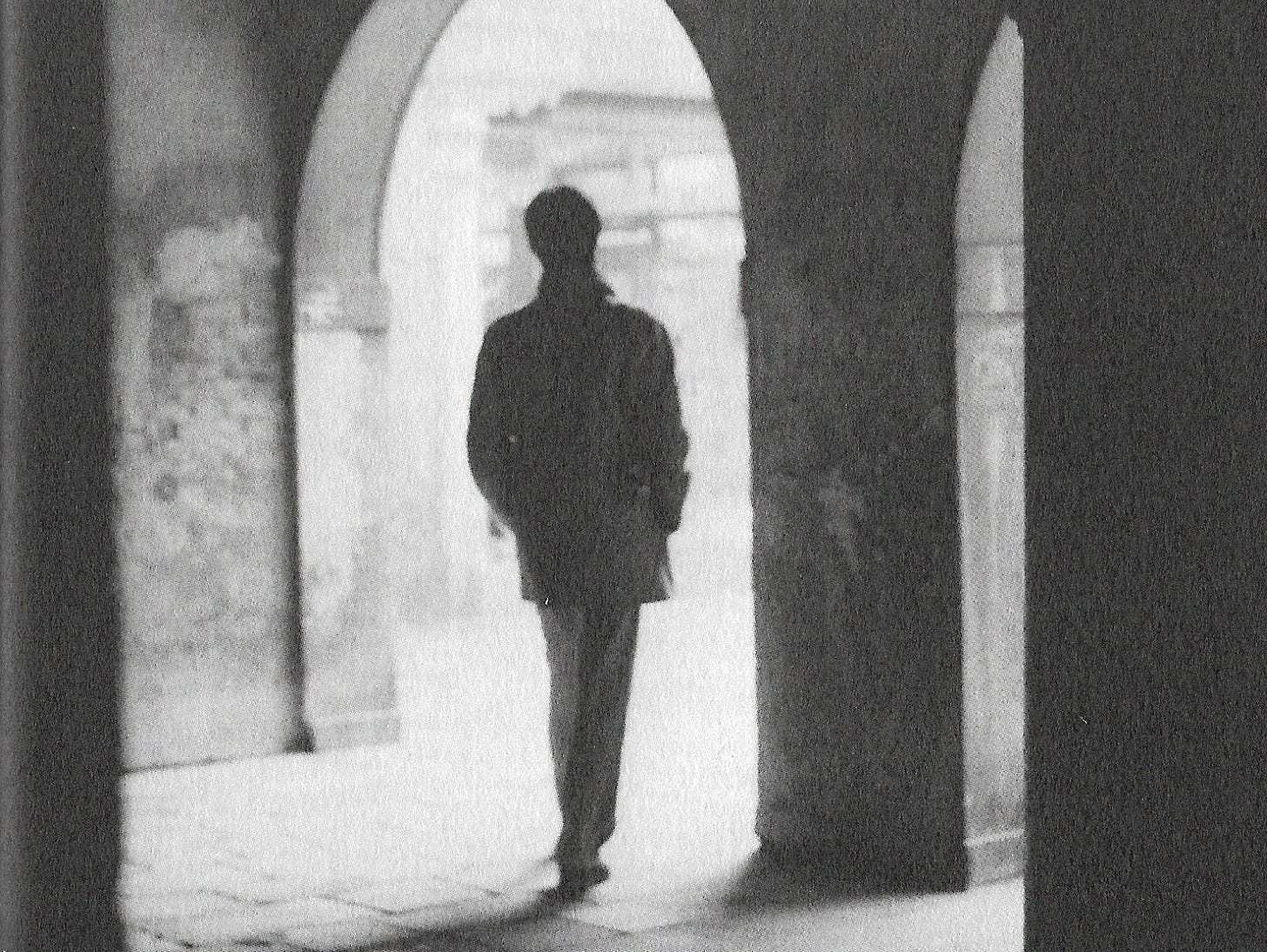[Today is the final day to sign-up for this class on media, messengers, and angels/demons, which begins tomorrow. You can join the zoom sessions live or get the recordings after.]
You move. Where you were a second ago, you no longer are. A trail gets generated from your maneuvers. You leave a mark whether you intend to or not. Person X enters this transmission, enrolls in the area set up by your moves. This is called following. Person X is following you for no particular reason. Chance and/or destiny, or chance affirming destiny. You may or may not know you’re being followed. Person X is committing to the game, a mode, creeping. Your trail inscribes their world, thickens a transmission. Everywhere: your (potential) face. Your (maybe) back. Your (?) huge bouquet of flowers like an ultra-perishable mask. Strange vapor. Music. It’s carnival time. There is no relation without contamination, risk. Edouard Glissant says movement = relation. You move. One way to keep your bearings in a labyrinth is through following someone, emptying yourself along the trail of another. Subverting your will to their stream. You, too, are following someone. The trail’s aura makes the uncanniest texture.
X
X
X
X
X
In Radical Alterity, Jean Baudrillard wonders where seduction (all detours and veils) is. In Suite Vénitienne, Sophie Calle followed someone (Henri B.) for two weeks for no apparent reason, toward no clear end goal and documented her process with photographs and diary entries, often donning disguises. Baudrillard locates seduction in this act of divergence and commitment to the other of the other. He writes:
This secret, this dispossession of meaning, direction and life line ends up being felt. It is true that when you follow someone, no matter what precautions you take, you must be very subtle because it is like being haunted, dispossessed or doubled: the person ends up sensing it. At some point, everyone turns around and sees what is happening. The same thing happened to Sophie. The man was obviously upset and it could have taken a bad turn since she was taking a risk as well. In fact, she could have followed him anywhere and he could have led her anywhere, even into violence. She took a risk.
Calle describes the decision:





